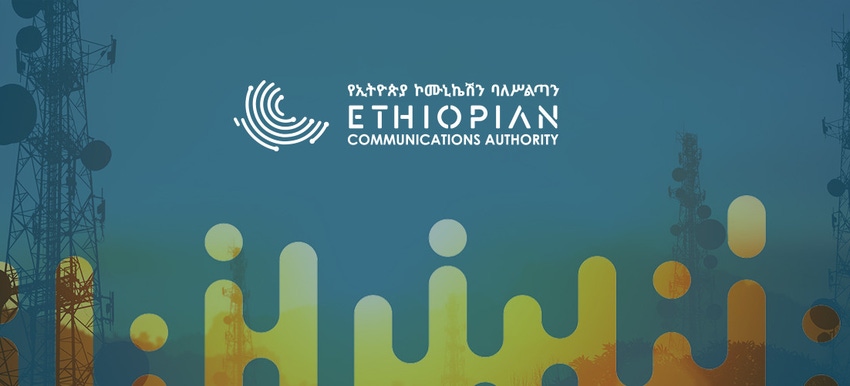The Ethiopian government is calling for bids for its second full-service telecoms operating licence with a view to completing the process early next year.
September 29, 2021

The Ethiopian government is calling for bids for its second full-service telecoms operating licence with a view to completing the process early next year.
Regulatory body the Ethiopian Communications Authority (ECA) published its Request For Proposals (RFP), slightly later than planned, on Wednesday. Would-be market entrants have until 20 December to submit their bids, with the licence due to be handed over to the winner in January.
Ethiopia has often been described as the last great market liberalisation opportunity in the telecoms sector, but various complications meant that the government struggled to attract interest in the process first time around; its attempts to issue two licences earlier this year drew only two bidders and resulted in the issue of just one licence.
A consortium headed up by Safaricom picked up the licence for US$850 million, while a $600 million offer from MTN-led group failed to pass muster with the state. We might never know whether the bid was simply too low, or whether there were political factors at play.
The government has address some of the issues that likely influenced the decisions of those who ultimately decided not to participate first time around. Chief among those was a ban on the provision of mobile financial services, which left incumbent and now former monopoly player Ethio Telecom with a period of exclusivity for its Telebirr service, launched in May. The ECA issued a statement in August disclosing that a permit to offer mobile financial services would come with the new licence, and that fact is confirmed in this week’s RFP.
The ECA also said “additional spectrum allocation has been considered,” and will apply to all licensees – the Safaricom group, Ethio Telecom, and the newcomer.
In addition, the second licence “will have revised pre‐qualification criteria to include participation from a wide range of international and national telecommunications operators,” the ECA said, without going into further details.
One potentially interested party is Orange, whose participation in the first licensing contest was widely discussed, although it ultimately decided against tabling an offer. Reports that the financial services issue was the biggest stumbling block for the French telco group appeared to be confirmed in July when it emerged it had pledged to take part in the privatisation of Ethio Telecom, whose mobile money service is apparently attracting subscribers in their millions. Orange itself did not make an announcement, but Henok Teferra Shawl, Ethiopia’s Ambassador to France, Spain, Portugal, the Holy See and Monaco, revealed that the operator had submitted interest to take part in the sale of a 40% stake in Ethio Telecom.
As it turns out, that does not rule Orange out of the contest for the second licence though. The ECA has made it clear that the partial privatisation process will be completed before the deadline for the submission of applications for the new licence.
And while Bharti Airtel ruled itself out of the process earlier this year, but may well look again, given the revised conditions, while Etisalat has often been named as a possible bidder. We will find out in the fullness of time how attractive those conditions are to the international telco groups Ethiopia hopes to attract; it’s probably fair to say that many big operators will at least take a look. MTN is unlikely to be among them though, with reports emerging last month that the telco will not return to the contest after its failure last time round.
As ever, the government remains upbeat about the licensing process.
“The goal of liberalizing our telecoms sector has always been to drive competition and attract greater private sector investment as a key part of Ethiopia’s digital transformation,” said Balcha Reba, Director General of the ECA.
“Following our successful first license issuance earlier this year to one of the world’s largest international telecoms consortia, we have continued with our mission and now want to encourage more telecoms operators, of all sizes, to be part of this exciting opportunity,” he said. “The ECA
remains committed to fulfilling Ethiopia’s telecommunications sector reform and this second license
issuance is another opportunity for another telecoms operator to join Ethiopia’s fast growing economy next year.”
And we will probably have to wait until next year to find out which telcos are – or were – keen to chase that opportunity.
About the Author(s)
You May Also Like








.png?width=300&auto=webp&quality=80&disable=upscale)


_1.jpg?width=300&auto=webp&quality=80&disable=upscale)


.png?width=800&auto=webp&quality=80&disable=upscale)